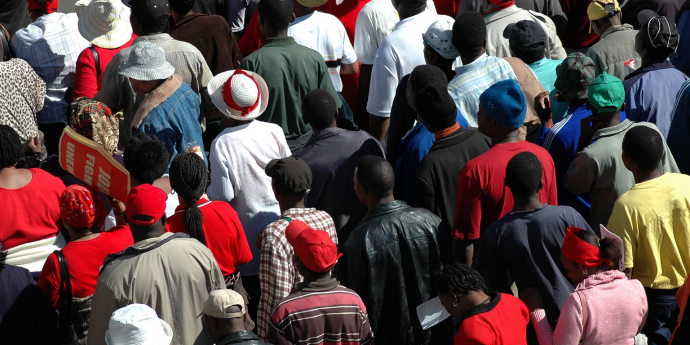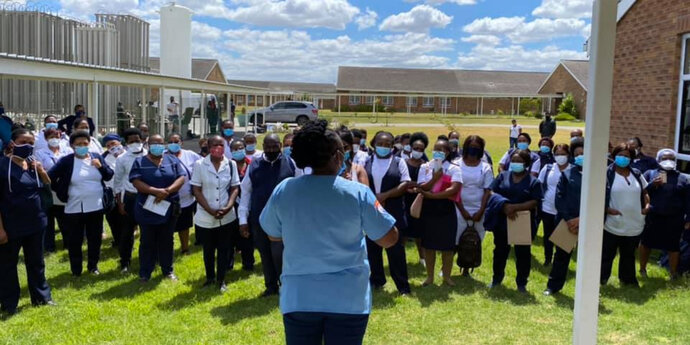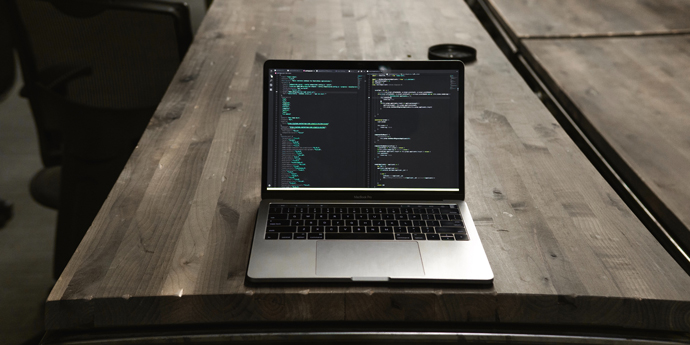Dr Badri Zolfaghari, UCT GSB associate & lecturer
Psychological safety is a shared belief among the team that they are in a safe environment to take risks. As such, the main barriers to establishing psychological safety are value incongruence and trust in the team. Trust allows us to take risks in the absence of control, and value congruence allows us to more accurately interpret the behaviours and actions of others. If our values are aligned, and we can trust our fellow team members, we can operate under conditions of relative psychological safety. However, the current pandemic which has forced a disseminated and virtual work environment, poses a threat not only to establishing psychological safety, but to maintaining it as well. With limited interactions, both in scope and time, it becomes harder to interpret other’s intentions and behaviours, and to seek validation or refutation of our own interpretations. This leaves much room for non-shared beliefs. To address this, we must first understand the importance of establishing and maintaining psychological safety. We need to be clear in our communications, with awareness of our own limitations. We should set out clear goals, timelines and tasks with a shared understanding of how we, as a team, can go about achieving these. Some practical ways of establishing a level of ‘sharedness’ is shifting from ‘I’ to ‘we’, showing vulnerability, asking and offering help when needed, and being present and visible in those limited interactions that we do manage to organise virtually.
Dr Earle du Plooy, UCT GSB MBA alumnus
In our research with healthcare teams, we identified the significant importance of psychological safety to produce effective teams. The team member’s view that his/her contribution is valued, serves both to motivate the individual and help to recognize the value of others within the team. This atmosphere of trust and mutual respect [within teams] creates an environment that allows for improved team learning and problem solving, which directly enhances team performance.
The Covid-19 pandemic has had a tremendous effect on the healthcare sector in South Africa and along with this, new knowledge and routines have to be adopted. New knowledge includes incorporating patterns of interaction and applying successful solutions to [particular] problems — often over short periods. Healthcare teams tasked with adapting these challenges to their local context, will require ample psychological safety.
Using team-based games, we found strong support that practical interventions can increase the psychological safety within teams. With simple, cost-effective interventions, team members become aware of the value that their work-related observations could contribute to the immediate surroundings. This may greatly improve the creativity and innovation within a work group, placing the team in a position to best assist in managing unforeseen challenges. When the working environment is safe for inter-personal risk taking, the benefit to the individual, team and health organization is clear.
Simone Beukes, UCT GSB EMBA Candidate and Project Manager, Desmond Tutu HIV Foundation
I believe you need the following to create safety in any environment:
- Values alignment and culture creation - you have to ensure that you create the space and the practice at the core of the organisation so that it becomes the company values rather than something you are trying to achieve.
- Trust - people need to know they are trusted to do what they are required to do, but more than that, that they're allowed to speak up when they need to do so. Trust must be extended and earned.
- Everyone needs a voice - the introverts as well as the extroverts.
- Empathy and perspective - try to see things from someone else's point of view and understand the miles they walk.
- There is no 'one-size-fits-all' scenario, so know who you are engaging with and try to understand their needs.
- Deal with challenges head-on and promote healthy engagement when challenges do arise.
If we start treating people the way they want to be treated and not how we think they should be treated, then we will create a team that will feel heard without retribution.








































